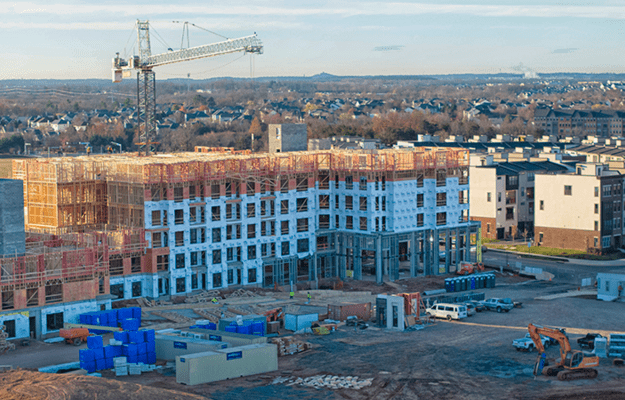
Reigning in Police Surveillance: Why Legal Protections Are Not Working for Public Housing Residents and How to Strengthen Them
- Title:
-
When Stop and Frisk Comes Home: Policing Public and Patrolled Housing
- Author:
-
Alexis Karteron
- Source:
- Publication Date:
-
2019
Despite substantial evidence to the contrary, harmful stereotypes and sensationalized media coverage fueled public perception of public housing as a universally dangerous place. This broader notion of public housing as a major site of crime and urban disorder led law enforcement agencies to focus significant attention on public housing over the past 40 years, resulting in substantial police surveillance and control of residents. A recent article suggests such policing undermines public housing residents’ Fourth Amendment rights. This study draws on legal and criminology research to examine how the Fourth Amendment, designed to protect people from unreasonable searches and seizures from the government, operates when policing targets public housing developments.
Key findings
- Public housing has been the target of additional law enforcement programs and resources for decades. These efforts have included commonplace hot-spot policing tactics and federally funded programs like the US Department of Housing and Urban Development’s (HUD’s) 1996 Drug Elimination Program, which, in stark contrast to previous HUD programs, primarily focused on providing resources for increased law enforcement presence in public housing.
- Three major legal doctrines legalize routine stops, arrests, and searches in public housing. Taken together, these legal doctrines demonstrate that when police label places as problems, they can exercise expansive authority to seize and search the people within them. The first is the ability to use a location’s characteristics to determine whether reasonable suspicion exists. The second is the ability to arrest someone for very minor crimes, no matter how trivial the charge (Atwater v. Lago Vista). In the case of public housing, this also includes behavior banned or prohibited by public housing rules. The third is the ability to conduct widespread exploratory searches once reasonable suspicion is established and regardless of whether an arrest occurs (search incident to arrest doctrine).
- The widespread policing and surveillance of public housing residents greatly increases their risk of eviction because HUD requires public housing authorities to use leasing terms that subject a tenant to eviction if a member of the tenant’s household or a guest is convicted of a criminal activity, whether on or off the premises of the housing development. The public housing agency may pursue eviction even when the tenant is completely unaware of the household member’s (or guest’s) criminal or drug-related activity.
- More broadly, the frequent use of stop and frisk, arrests, and searches at public housing sites creates division between law enforcement agencies and the communities they serve, undermines the legitimacy of police departments, perpetuates stereotypes about people of color, and directs funds toward criminal justice systems rather than other services.
- Research also shows that negative experiences with the criminal justice system dampen civic participation, diminish trust in government, reduce someone’s likelihood of voting, and harm a community’s collective efficacy.
Policy implications
- The author suggests that federal courts could make two clarifications of Fourth Amendment law to improve constitutional protections for residents of public housing. First, courts could clarify that stops are not permitted when law enforcement officers suspect only noncriminal infractions. Second, courts could clarify that the search incident to arrest exception to the warrant requirement applies only when an arrest actually takes place.
- State courts and lawmakers could reject the Supreme Court’s Atwater v. Lago Vista decision and narrow arrest authority to ban arrests for minor infractions and decriminalize minor misconduct. States can accomplish this either legislatively, by enacting statutes that ban arrests, or through state courts interpreting state constitutions to ban arrests for minor offenses.
- Police departments can adopt proven hot-spot policing strategies that rely on rigorous data analysis to identify locations that are actual hot spots and stop targeting public housing based on stereotypes about the people who live there.
- Local governments, with the authority to regulate the law enforcement agencies within their jurisdictions, can require police departments to undertake policing strategies that inflict the least harm on Fourth Amendment interests in public housing.
Photo by Joel Raskin/Shutterstock


